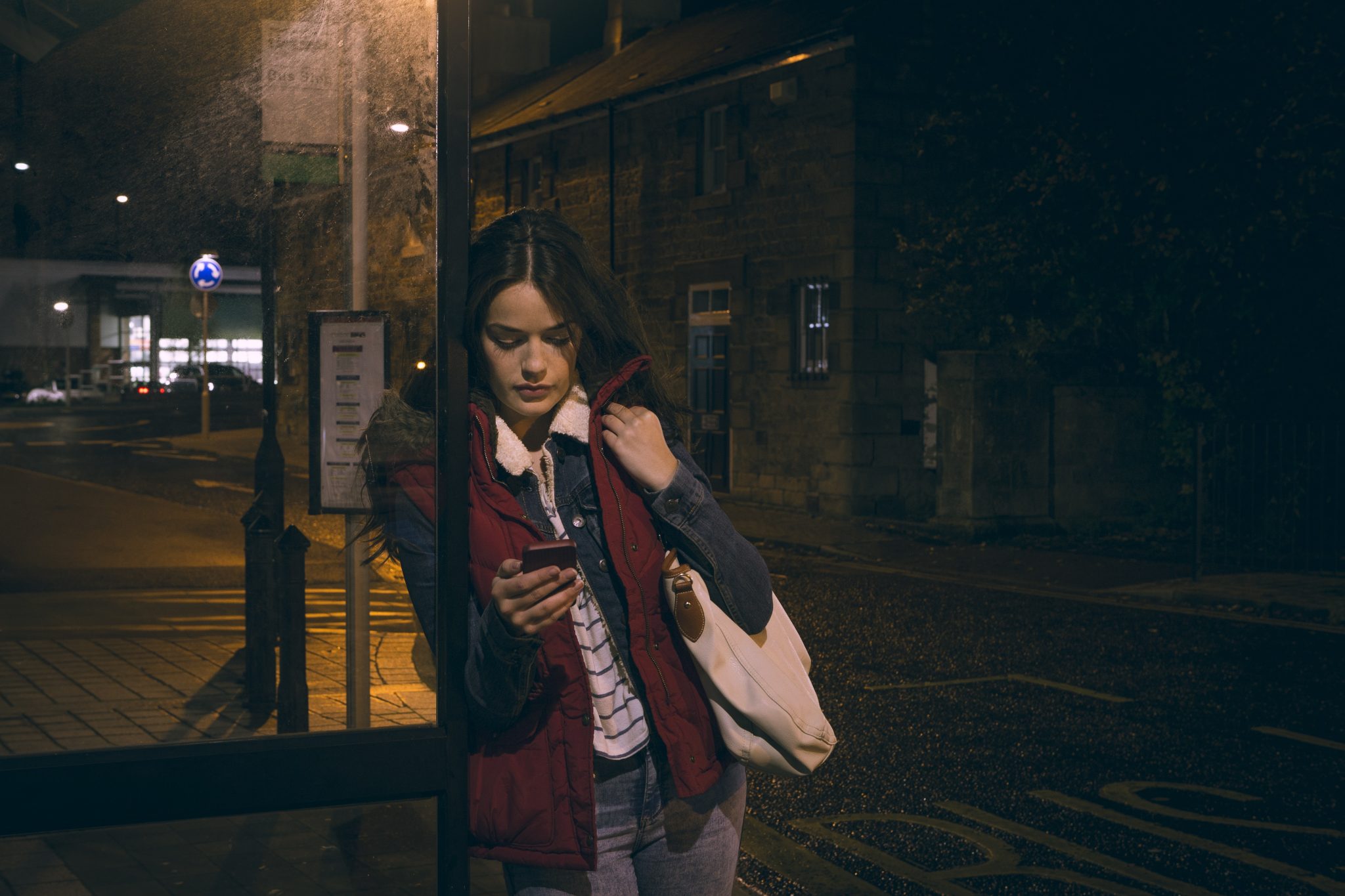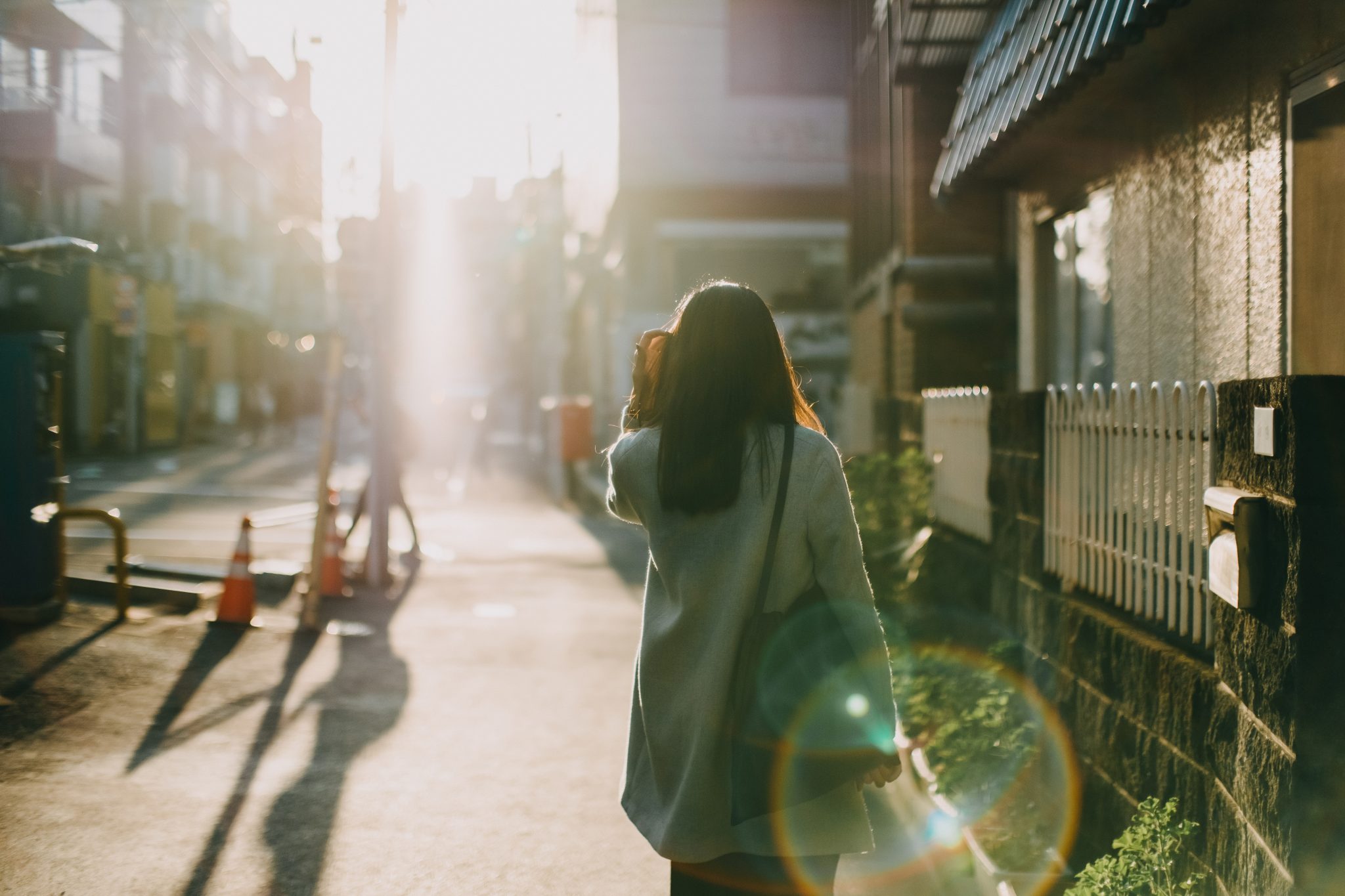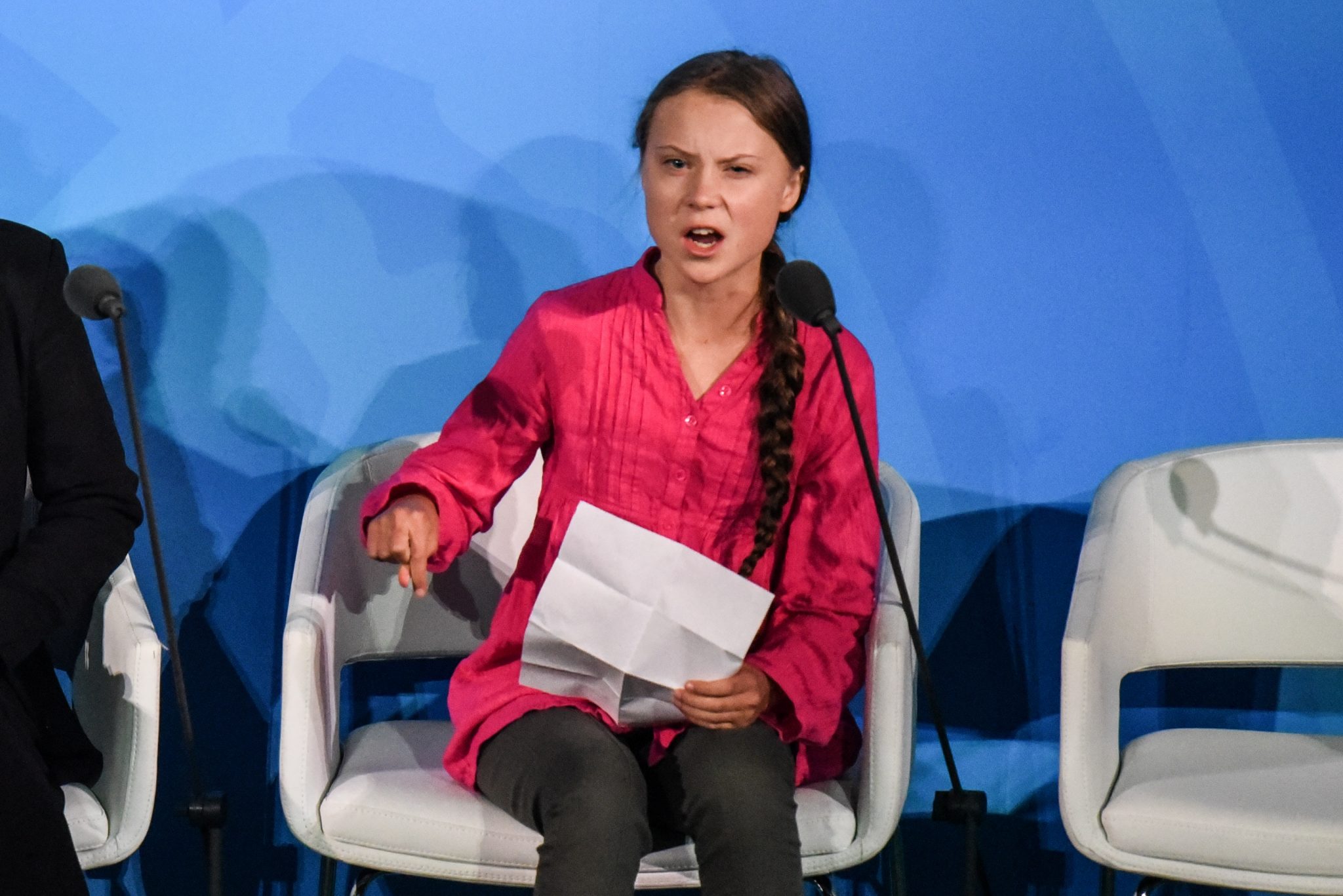Girls as young as 14 are adopting coping mechanisms to avoid being harassed on trains, at bus stops and in other public spaces, according to an eye-opening new report from Plan International UK.
Women living in 21st Century Britain have conversations about everything from period shame to victim-blaming.
We are acutely aware of street harassment, sexual assault and the impact of toxic masculinity. We know well the need to take up space and make our voices heard.
And yet, most young girls still feel vulnerable when they walk the streets of the UK alone – whether during the day or by night.
A disturbing new report from Plan International UK finds that 66% of girls aged 14 to 21 have experienced unwanted sexual attention or harassment in a public place.
Of the 1,000 girls surveyed in the age group, many said that they deployed certain tactics while travelling alone, adapting their behaviour in order to avoid being physically or verbally harassed.
“You’ll have that one person who’s just sitting at the back of the bus and is staring at you,” Abby, a 16-year-old from Norfolk tells researchers. “And occasionally, they’ll make their way and sit right next to you and just start talking to you. […] But I try my best to sit next to the bus driver, as close as I can, so he has me in his eye line and if something happens then I can say, ‘I need help.’”
“I was waiting at the bus stop and these three men who were around 30 were just staring at my butt, I felt so uncomfortable,” says another participant in the survey. “And then when I got on the bus they started waving at me.”
“I was walking home after school and I was texting someone so I wasn’t really paying attention, and some guy came up to me and put his arm around me,” a girl from Perth recalls. “I don’t know who he was, but he was old. I removed him from me and then he kicked me in the leg and ran away from me.”
Sometimes, girls feel threatened and intimidated even when they’re not alone.
“The worst time it was my birthday and me and my friends were near this station and we were waiting for a friend, but this man started following us on his bike, and we had to run,” says a London-based respondent in the study.
Any woman who’s ever been afraid walking alone late at night will feel fury that young girls still so often feel this way.
As Megan, a 17-year-old from Inverness, points out: “I feel like boys have more freedom than girls, when it comes to like being able to walk out alone especially at night and stuff. My mum won’t let me out past a certain time – I get a curfew and my brother doesn’t. So I can already feel the inequality there just even with my own parent.
“I guess it comes from a place of concern mainly, but it is kind of a shame,” she adds.
Participants say that factors such as poor street lighting, or a lack of transport infrastructure, often make them feel more vulnerable. Many say they also feel afraid to travel in a taxi alone.
One girl from Belfast says she was surprised when she came across a female taxi driver, since they are usually all men. Men, it seems, really do own the night (and quite possibly the day, too).
Other findings in the wide-ranging report by Plan International UK make for further depressing reading. Girls report feeling “fed up and frustrated” with empty messages of female empowerment, and are being bullied for identifying as feminists.
They don’t feel like their voices are being heard, and, despite the rise of young activists such as like Greta Thunberg and Amika George, they are put off the idea of being politically active due to widespread online abuse.
The report also uncovers a “shockingly high rate” of sexual harassment of girls by their school peers. And it named Blackpool as the toughest place to be a girl in the UK, based around data relating to girls’ rights and quality of life.
Responding to the findings, Rose Caldwell, CEO of Plan International UK, says: “As we enter 2020, it’s extremely saddening, but not surprising, that our report finds girls still feel disempowered and unable to realise their rights here in the UK.
“They are told they can succeed, but they face a threat to their safety in public, online and in schools. They are told gender equality has been achieved, and yet they do not feel represented or heard in public life. If adolescent girls are feeling undervalued, unheard and under-represented in public life, we as a society are letting them down. This simply cannot continue.”
She described the findings as “a wake-up call” for all politicians and leaders.
In modern-day Britain, the very least that we can ask is that young women feel safe and valued. And if they’re not, what does that say about who we are as a whole?
It’s a wake-up call indeed.
Images: Getty
Source: Read Full Article



